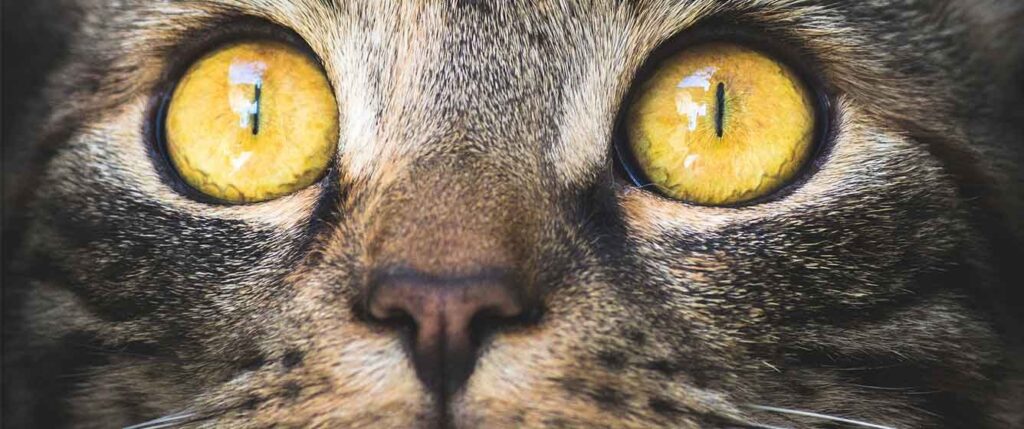A controversial ruling implemented to stop animal cruelty could backfire, leading to the suffering of even more cats and kittens in Dubai.
Feral colonies have boomed, with an estimated 100,000 cats living on the streets in Abu Dhabi alone and tens of thousands more in Dubai. To curb the overpopulation crisis of stray cats, the municipality has warned pet owners that unregistered and untagged cats found roaming the streets would be confiscated and killed.
The ruling aims to force owners to start taking responsibility for their cats by registering them with the municipality and making sure they wear an official collar tag at all times.
The move comes following new policies, which replace the old methods of poisoning to control feral and stray cats.
Any animal found not wearing a municipality tag would now be picked up by the department’s cat-catchers as strays and killed after eight days if left unclaimed. Vaccination cards from other emirates will also not be recognized when registering animals with the Dubai Municipality. People who dislike pet cats from the surrounding area visiting their properties can also complain to the municipality who will come and trap the animals.
“While we understand controlling feral colonies is challenging, this ruling is fundamentally flawed and will result in the suffering of many cats,” said David Barritt of Network for Animals (NFA).
“Cat collars are not safe. A cat loses a collar once every six weeks and they are known to strangle themselves by getting collars caught in things like tree branches, fences, and so on. It will also be extremely difficult to keep cats out of neighbors’ gardens because they are not like dogs which are much easier to contain. Cats roam by nature and there is always the chance that an indoor-only cat will make a quick escape through an open window. Killing cats should never be an option.
“All lives matter – even the lives of animals forced to live on the streets. Trap-Neuter-Return is the most humane and the most effective approach for stray and feral cats because it not only improves their lives, but it also improves their relationships with the people who live near them. It is a fact that the removal and killing of cats is never-ending and futile,” concluded Barritt.

